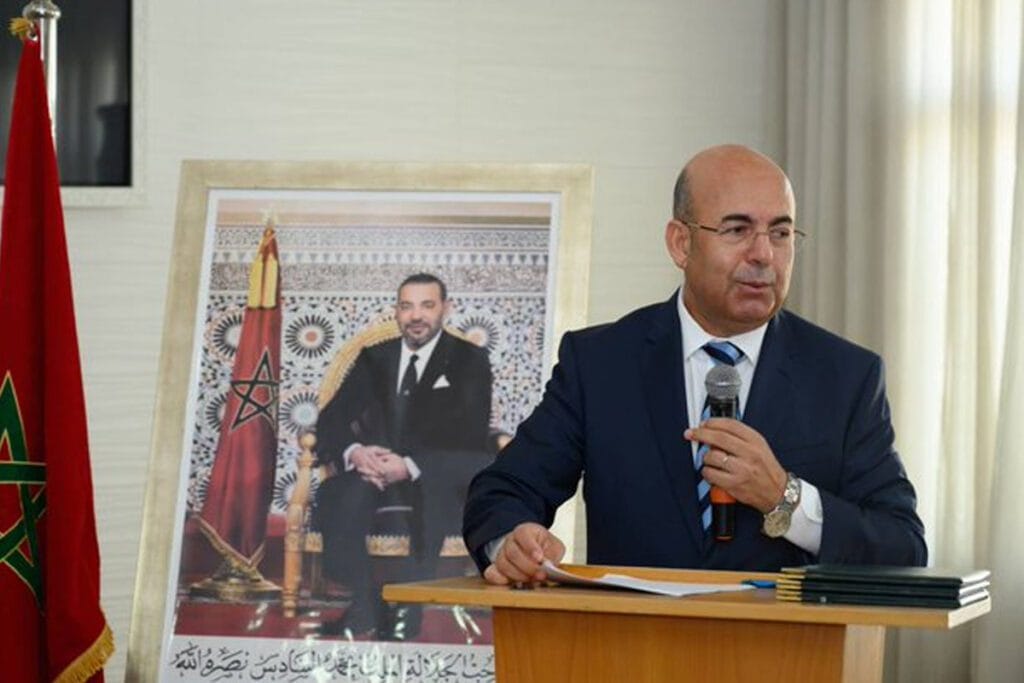Marrakech – Morocco is establishing itself as a key player in the preservation of wetlands on the regional stage, affirmed the Director General of the National Agency for Water and Forests (ANEF), Abderrahim Houmy.
In an interview with MAP, on the sidelines of the preparatory African regional meeting for COP 15 of the Ramsar Convention (January 8-10), Mr. Houmy emphasized that the Kingdom continues to play a “major” role in the sustainable management of these vital ecosystems.
Since its accession to the Ramsar Convention in 1980, Morocco has designated 38 sites on the List of Wetlands of International Importance and plans to add 10 more by the end of 2025, the Director General of ANEF stated.
This approach reflects the strong commitment and tireless efforts made by the Kingdom in terms of biodiversity preservation and sustainable management of these ecosystems, he continued, adding that Morocco’s policy is based on an “integrated” approach that reconciles sustainable development, water resource management, and adaptation to climate change.
Mr. Houmy also indicated that Morocco plays a leadership role within the Ramsar Convention, particularly as a member of the Standing Committee for the period 2022-2025, representing the North African sub-region.
“As an active member, we contribute to the development of the Ramsar Strategic Plan 2025-2034, which aims to strengthen conservation efforts and improve environmental governance,” he added.
Furthermore, he noted that this meeting in Marrakech represents a decisive step to foster regional cooperation and promote joint action, particularly to support ecosystem rehabilitation initiatives and the implementation of transboundary projects, with the ultimate goal of enhancing the resilience of African wetlands to the impacts of climate change and ensuring that these areas continue to play their crucial role in biodiversity preservation and the socio-economic development of local communities.
Thus, through the organization of this preparatory African meeting and its long-term commitments, Morocco reaffirms its central role as a leader in wetland conservation, thereby contributing to the achievement of the global goal of biodiversity preservation and combating the effects of climate change.


